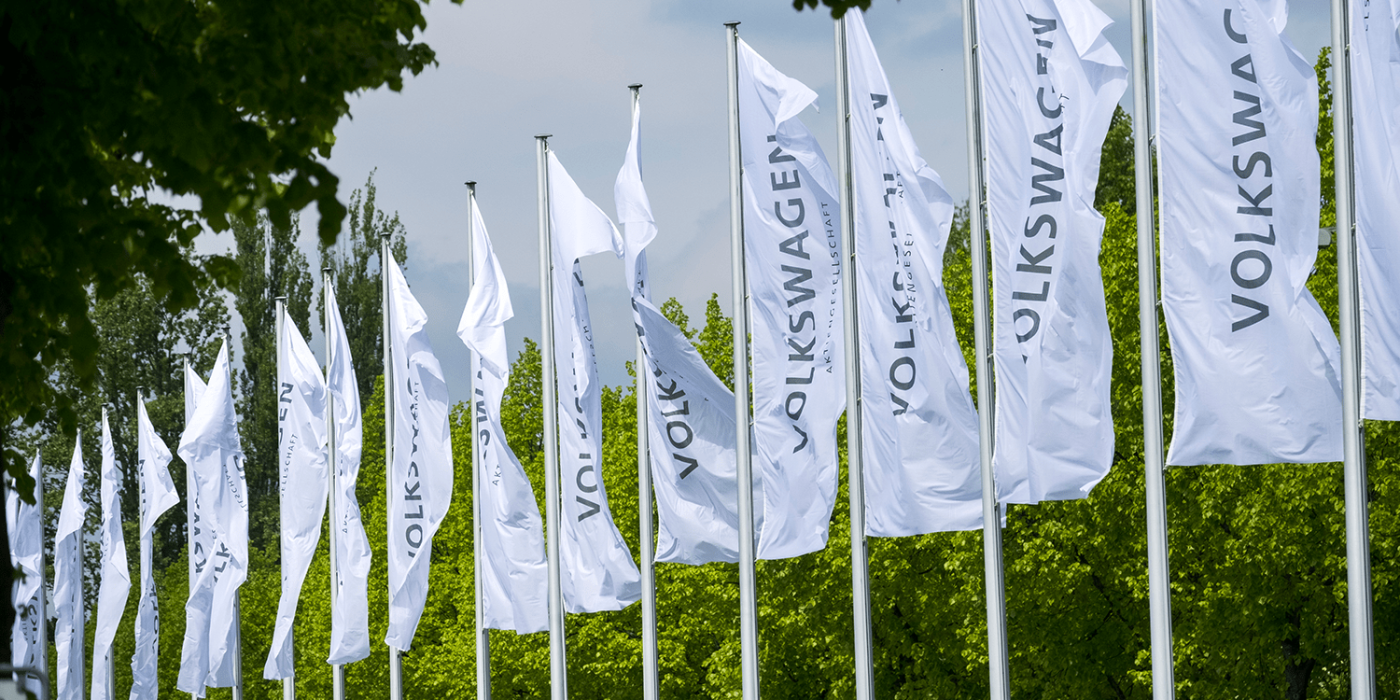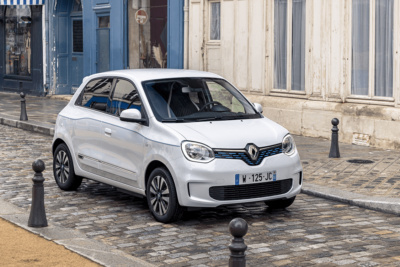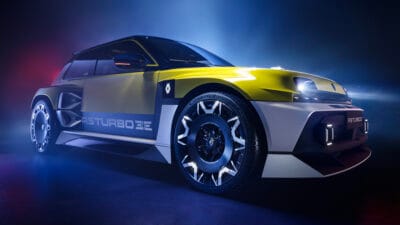VW raises electric vehicle deliveries by 65%
The Volkswagen Group increased its deliveries of fully electric vehicles by 65 per cent in the first quarter of 2022 compared to the same quarter of the previous year. Despite supply bottlenecks for semiconductors and wiring harnesses, 99,100 BEVs were handed over to customers by the end of March.
This compares to 60,000 units in Q1 2021. According to the averages, the strongest increase was achieved in China, where 28,800 customers took delivery of a BEV of a Group brand – more than four times as many as in the same period last year. However, it must also be mentioned that the VW brand did not start deliveries of MEB models in China until mid-2021. The 6,200 BEVs from Q1 2021 were therefore only accounted for by non-MEB models.
While the biggest growth (for reasons mentioned) was in China, Europe leads in absolute BEV deliveries, with 58,400 vehicles or 59 per cent of all BEVs from the VW Group delivered in Europe. In the USA, 7,900 BEVs from the Group brands were delivered to customers (eight per cent of Group BEV deliveries).
Broken down by brand, the Volkswagen core brand accounted for the most e-vehicle registrations. Specifically, there were 53,400 BEVs with the VW logo in the first quarter of 2022. This was followed by the Audi brand with 24,200 vehicles (share: 24 per cent), Porsche with 9,500 vehicles (share: ten per cent), Skoda with 8,800 vehicles (share: nine per cent) and Seat/Cupra with 2,200 vehicles (share: two per cent).
Among the brands, Skoda recorded the highest growth – here the start of deliveries of the Enyaq iV is noticeable. Compared to the 2,500 BEVs in Q1 2021, the 8,800 vehicles from this year correspond to a growth of 259.7 per cent. The VW Passenger Cars brand increased by 73.7 per cent, Audi by 66.2 per cent with the Q4 e-tron. At Seat/Cupra, BEV sales were even slightly down, with a minus of 1.4 per cent. At Porsche, the increase of 4.4 per cent (from 9,100 to 9,500 units) is manageable. For one thing, Taycan production was already running at full speed in Q1 2021 due to the order situation and no new BEV model has been added since then (unlike the other brands). In addition, Taycan production was also affected by the production downtime due to missing wiring harnesses from Ukraine.
Looking at the models, the MEB vehicles dominate. The best-selling model with 30,300 units was the VW ID.4, which, as is well known, is offered as a “world car” in numerous markets around the globe. It is followed by a wide margin by the VW ID.3, which is limited to Europe, with 13,000 vehicles. The Audi Q4 e-tron (including Sportback) delivered 10,700 vehicles in the first quarter, and the first non-MEB model, the Audi e-tron (again including Sportback), 10,300 units. The top 5 are completed by the Porsche Taycan (including Cross Turismo) with 95,00 vehicles.
Due to the high demand, the Group considers itself well-positioned for the current year. In Western Europe alone, the BEV order book stands at around 300,000 vehicles. “The demand for our all-electric vehicles is very high worldwide and our order books are accordingly well filled. The increase in BEV deliveries would have been significantly higher without the current supply bottlenecks,” says Hildegard Wortmann, Group Executive Board member responsible for sales. “In the course of the year, we expect additional tailwind from further highly attractive models and a gradual improvement in the semiconductor situation. For the year as a whole, we continue to have our sights firmly set on a BEV share of 7 to 8 per cent.”





0 Comments